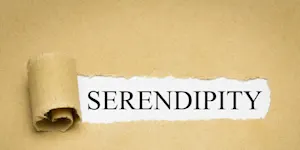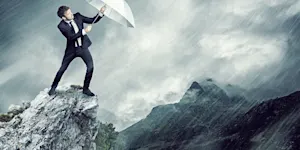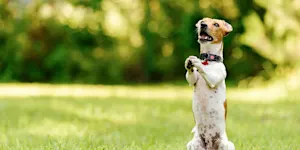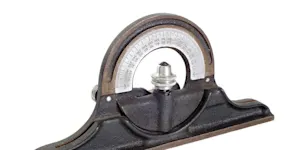What Makes This Word Tick
"Skedaddle" might just be one of the most delightful words in the English language. It's got that sprightly bounce in pronunciation that suggests a swift, perhaps hasty, departure. It's almost as if the word itself is running off the page! Lighthearted yet vivid, it's a word that paints a picture of someone scramming or making a beeline for the exit.
If Skedaddle Were a Person…
Think of skedaddle as the quirky neighbor who's always on the go, zipping from one fun activity to another. Never lounging for too long, they have a knack for disappearing just when you're starting to settle into a conversation. They might sport bright sneakers, always ready for an impromptu jog to evade an awkward situation.
How This Word Has Changed Over Time
Originating during the American Civil War, "skedaddle" began as military slang, urging soldiers to quickly retreat from danger. Over the years, the word jumped into more civilian shoes, now commonly used to describe anyone dashing away with a playful sense of urgency, far removed from its battlefield beginnings.
Old Sayings and Proverbs That Use Skedaddle
While "skedaddle" doesn’t boast an ancestral array of proverbs, it's often nestled comfortably into phrases like "don't just stand there, skedaddle!" A call to action that’s as vibrant as it is instructive.
Surprising Facts About Skedaddle
Did you know "skedaddle" was first popularized in print back in the 19th century? Although its precise origins are murky, it's an Americanism that has embedded itself smoothly into English language, often not found outside American shores in its heyday.
Out and About With This Word
You're likely to hear "skedaddle" in playful contexts—like when a grandparent tells grandchildren to skedaddle if there's mischief afoot, or if someone’s trying to quickly escape a dinner party before dessert gets awkward. It's one of those words that seems to exist purely to make the act of leaving sound more fun!
Pop Culture Moments Where Skedaddle Was Used
The word "skedaddle" tends to pop up in films and TV shows set in historical contexts, especially those depicting periods like the Old West or the Civil War. It's also a favorite in cartoons when characters are seen making a speedy exit, often leaving a cloud of dust behind.
The Word in Literature
With its colorful connotations, "skedaddle" finds itself at home in literature with a comedic or historical flavor. It’s a word that authors might use when they want to inject a bit of whimsy into their descriptions of characters making a swift exit.
Moments in History with Skedaddle
Imagine soldiers during the Civil War, given the signal to retreat urgently, "skedaddle!" Centuries later, it becomes the perfect term to describe the hurried chaos of the 1960s youth movements, where young folks might skedaddle from protest lines to dodge trouble.
This Word Around the World
While "skedaddle" is quite the English-speaker’s delight, its playful spirit finds relatives in phrases from other languages. The French might use "filer," which means to slip away, or the Italians with their own zestful "scappare" for such a vivacious departure.
Where Does It Come From?
The etymology of "skedaddle" is as charmingly elusive as a cat skedaddling away from an unexpected spray of water. It’s suspected to have roots in a dialect or perhaps even an invented term during the American Civil War—a disappearing act fitting for a mysterious word.
How People Misuse This Word
Some folks mistakenly use "skedaddle" to imply a leisurely stroll away, but true devotees know it requires an element of urgency or haste. If you're skedaddling, you're not exactly stopping to smell the roses!
Words It’s Often Confused With
Scamper: Suggests the frenetic energy of small animals, less the human haste.
Scatter: Often involves multiple people or things dispersing, not the singular dash.
Bolt: Carries similar urgency but can imply escaping from bondage or confinement.
Additional Synonyms and Antonyms
Synonyms for "skedaddle" include flee, bolt, and hightail. For a more sedate departure, synonyms could be stroll or amble. Opposites would involve verbs that describe staying put, like settle or remain.
Want to Try It Out in a Sentence?
"When the thunderstorm rolled in, the children skedaddled inside, giggling as they outran the first drops of rain."
















